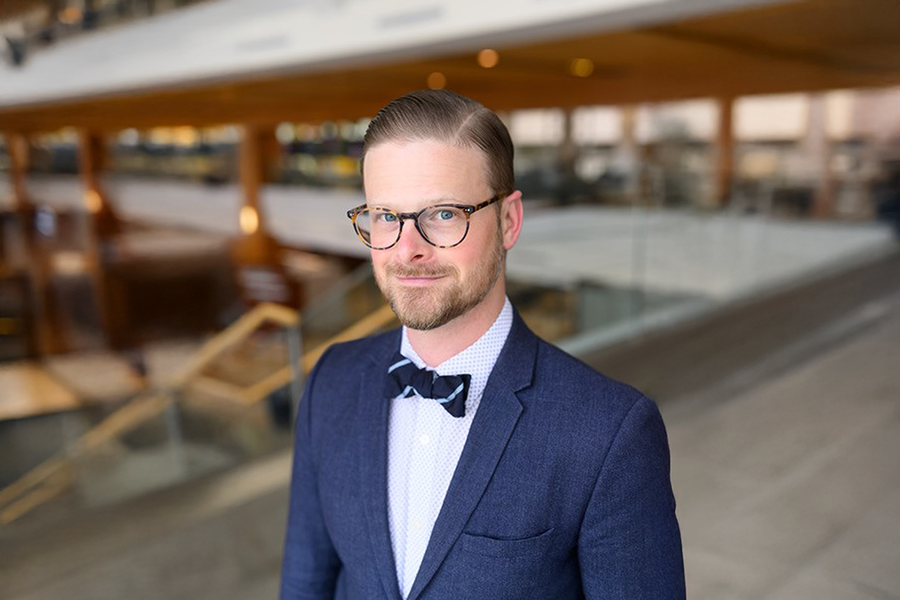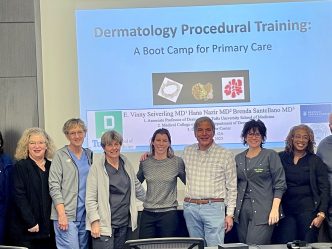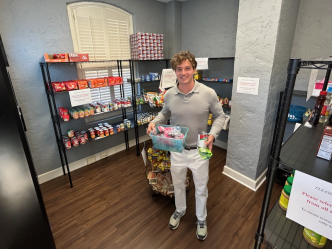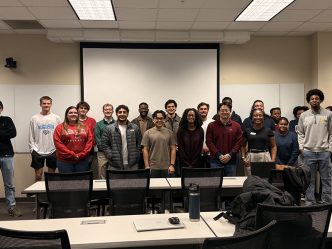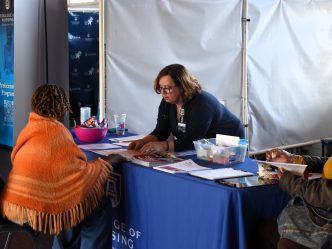Augusta University School of Public Health Dean Teresa Waters, PhD, has announced the addition of Aaron J. Kruse-Diehr, PhD, as the school’s inaugural chair of the Department of Community and Behavioral Health Sciences.
Kruse-Diehr, who most recently served as co-director of the University of Kentucky’s Center for Clinical and Translational Science Center for Implementation, Dissemination, and Evidence-based Research and associate director for implementation science in the UK Center for Health Services Research, will begin in June.
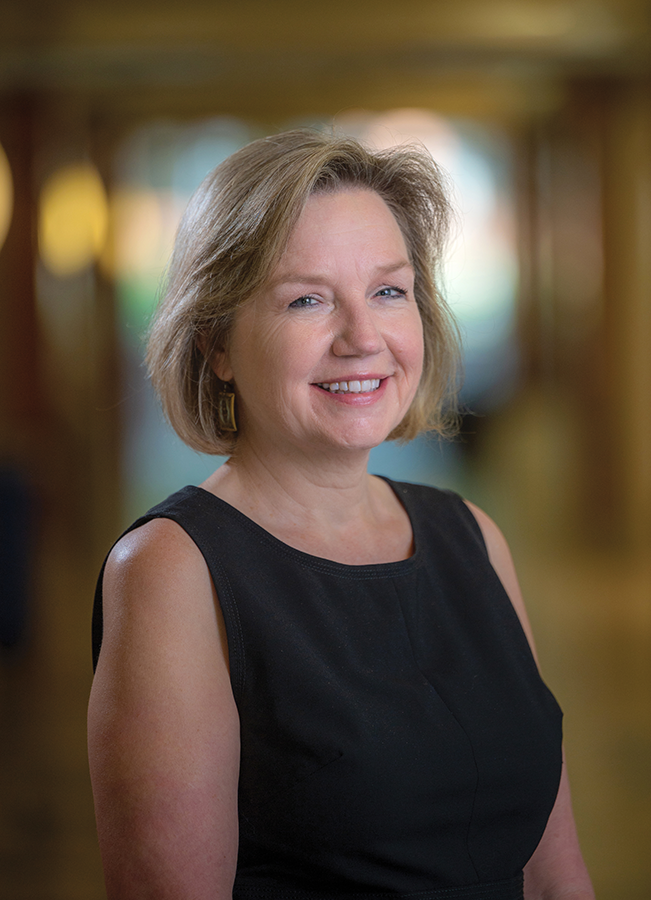
“I could not be more excited about Dr. Kruse-Diehr’s imminent arrival at Augusta University’s School of Public Health,” Waters said. “He brings a wealth of expertise and a proven track record of leadership in research and education. He is absolutely the perfect person to advance the department’s mission to educate the next generation of public health professionals, address the critical health challenges of our state, and foster community impact right here in Augusta.”
Kruse-Diehr is an implementation scientist whose funded research is geared toward finding the best methods to implement new patient-centered interventions in a variety of settings, ranging from local communities to schools and organizations. He was named an inaugural fellow in the 2023-24 Markey Cancer Center Leaders Advancing UNity and Cancer Health Equity Academy.
“I previously worked with Dr. Waters, so I know we share similar visions in terms of health services research. We also have similar goals of working to implement evidence-based interventions and practices into clinical and community spaces where they’re most needed,” Kruse-Diehr said. “When I met with the school’s leadership and faculty, I saw a lot of excitement, passion and energy for what they do and the direction the school is heading.”
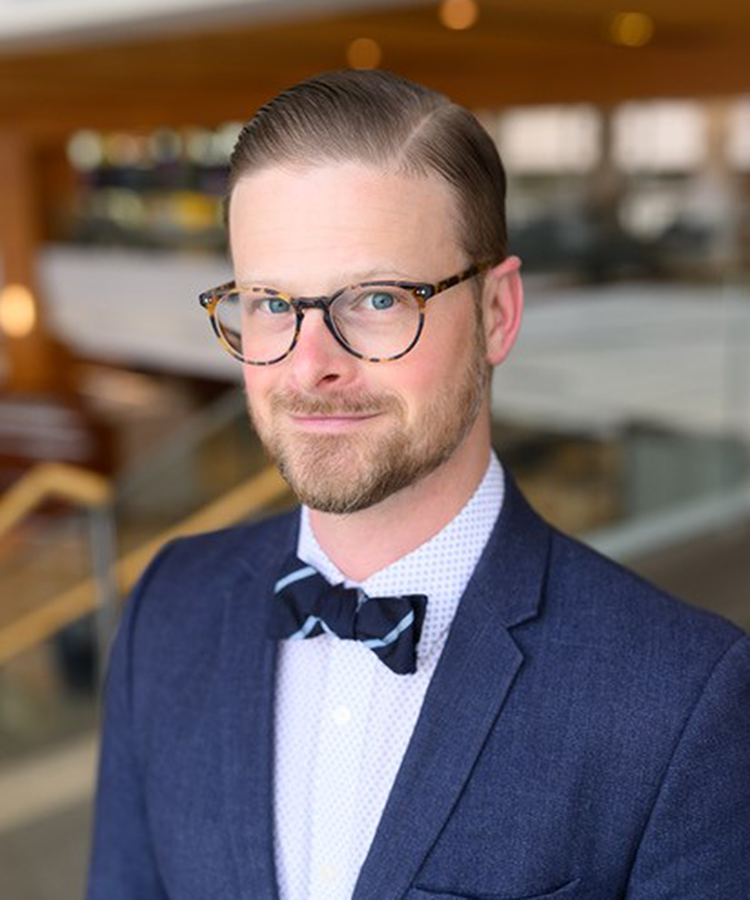
His primary research program focuses on increasing colorectal cancer screening rates among populations disproportionately affected by cancer, specifically Black Americans and individuals living in rural areas. His work focuses on both clinical and community sites and matches novel implementation strategies to commonly available colorectal cancer screening interventions. He also conducts research on the implementation of diabetes patient self-management interventions, especially those that include peer support and education tailored to patients with high social needs, like housing or food insecurity and transportation challenges.
“For my research, it’s all about translating research into practice. I work with evidence-based programs and interventions to find ways to help them fit into various contexts,” Kruse-Diehr said. “My goal is not necessarily to reinvent the wheel but to find ways to make the wheel work for different vehicles.”
As someone who already is familiar with working in multidisciplinary collaborative environments, Kruse-Diehr recognizes the value of an institution like Augusta University where he will be able to work with faculty researchers and clinicians from the Medical College of Georgia, Dental College of Georgia, College of Allied Health Sciences and College of Nursing, as well as the Georgia Cancer Center.
“I have done a lot of work around Type 2 diabetes and colorectal cancer screening, so I’m really excited to work with faculty at Medical College of Georgia and the Georgia Cancer Center because I do a lot of work in clinical spaces and in the community,” said Kruse-Diehr, who also currently serves as an associate professor in the Department of Family and Community Medicine in the University of Kentucky College of Medicine.
One of the first items on his agenda is to create a community-based research fellows program.
“The idea for the program is that we will do workforce development for individuals who work in public health or public health-adjacent organizations throughout the CSRA,” he said. “This will help these organizational leaders better connect the work they do to real outcomes that make a difference in the community. It will also help us identify if there are areas where they need more education or support.”
Kruse-Diehr earned a Bachelor of Arts in English from the Ohio State University, a Master of Arts in English from DePaul University and a PhD in Health Education from the University of Toledo.
 Augusta University
Augusta University
